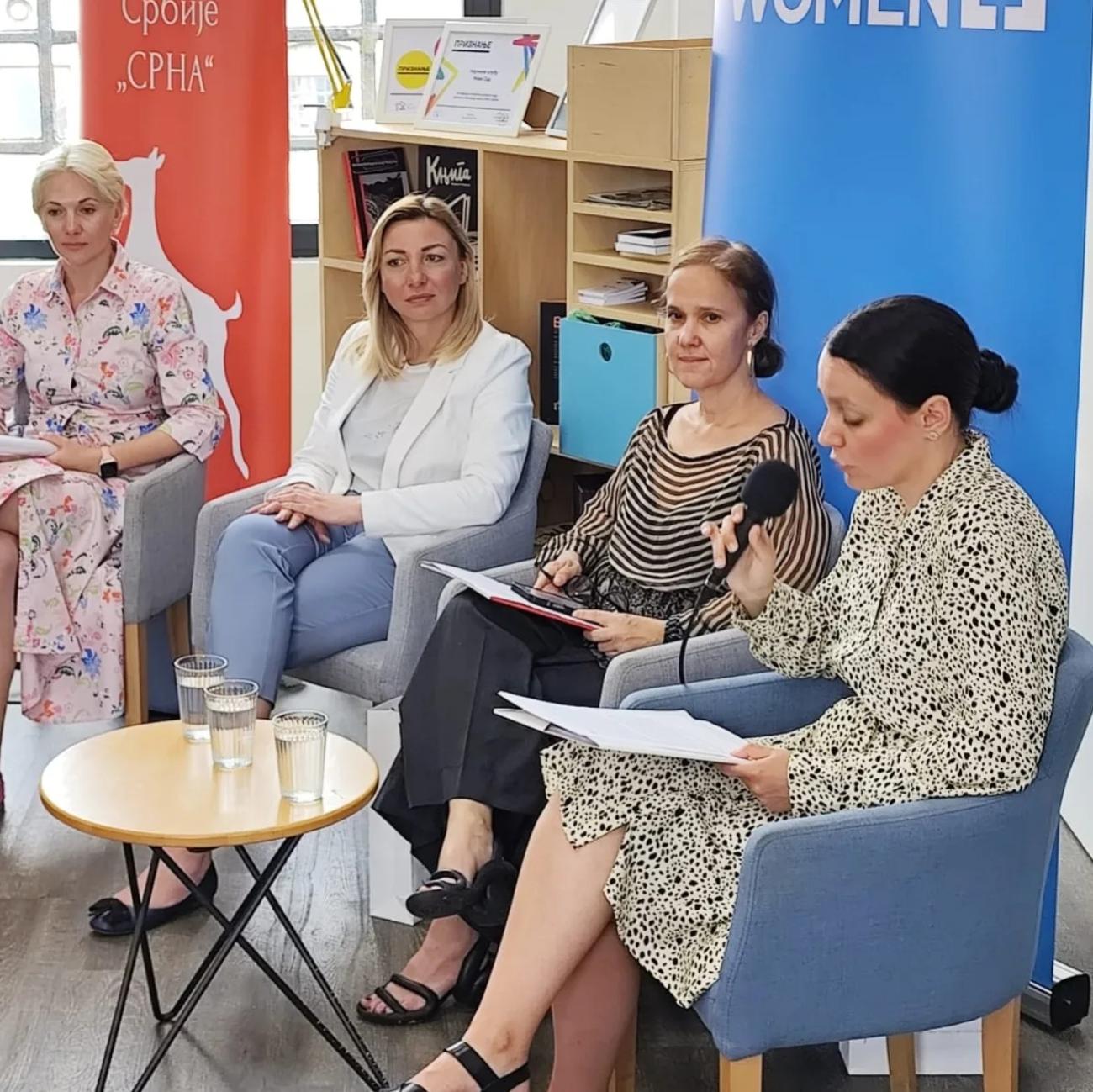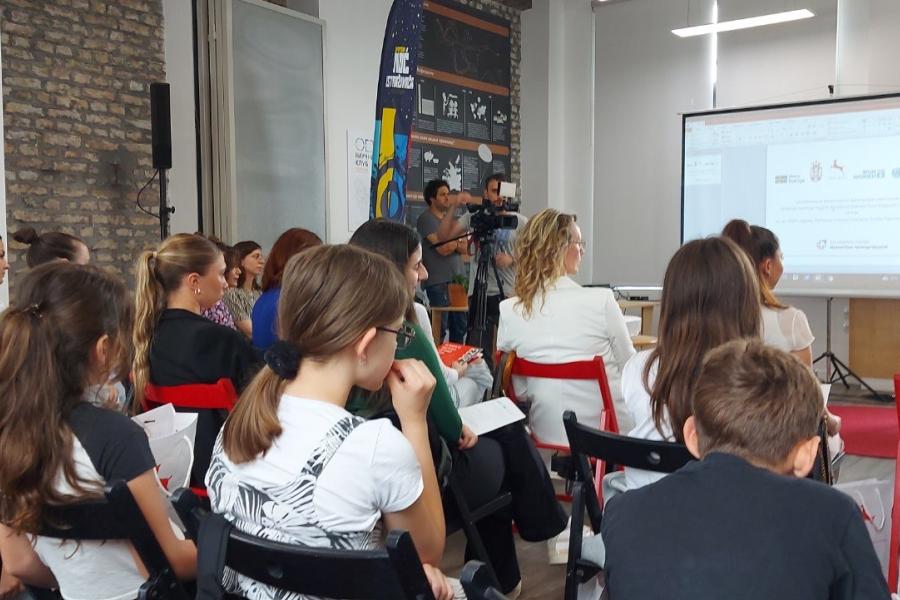National Day of Gender Equality marked: How to overcome gender inequality and stereotypes in science

National Day of Gender Equality marked
The United Nations Agency for Gender Equality and Women's Empowerment in Serbia (UN Women) and the Association of Serbian Women Scientists (SRNA) marked the National Day of Gender Equality on Tuesday, June 11 in Novi Sad with an event entitled "Overcoming gender inequalities and gender stereotypes in science".
According to Milana Rikanović, director of UN Women in Serbia, we often forget and underestimate the power of science and innovation in reshaping the world and the way we live, and we often take for granted various innovative solutions that have completely changed and improved the position of women, and we don't know that women are behind many of these solutions.
"For women and girls around the world, these changes have brought new freedoms, new forms of access to information and new opportunities. And yet, we continue to witness numerous harmful gender stereotypes and gender inequality in this area as well," said Rikanović.
Although UNESCO research shows that Serbia and many countries of the former Yugoslavia lead in the number of female scientists, they are still underrepresented and visible facing a number of challenges.

Olja Šovljanski, research associate at the Faculty of Technical Sciences, says that one of the challenges includes the removal from projects the moment women go on maternity leave, but also the failure of businessmen to recognize that a woman can also contribute to innovations. "These are just a couple out of many challenges we encounter in our everyday life and therefore we are struggling to get some support and change this," Šovljanski noted.
Prof. Dr. Jovana Grahovac from SRNA says that when we look at the career trajectories of women and men, women have a longer period of stagnation in the development of their careers, but that the position of women in science has slightly improved.
"The position of female scientists has been improved to the extent that their employment contracts are no longer tied to projects but are institutionally financed, which definitely contributes to their financial stability in the working environment, but there is still plenty of room for improvement," Grahovac emphasized.
Tatjana Macura, minister without portfolio in charge of gender equality, called on all women and girls to report any violation of the Law on Prohibition of Discrimination "because the competent institutions will not be able to react if the violation of this law and other regulations are not implemented." The minister also called on the primary school students present at the event to use the national platform for the prevention and elimination of violence involving children called "Čuvam te" (I'm watching you).
The National Day of Gender Equality was established in 2021 by the Government of the Republic of Serbia with the aim of raising awareness of the importance of gender equality and improving the position of women in Serbia. June 11 was chosen as the day when in 1842, girls' education was approved for the first time in Serbia. Namely, by decree of Prince Mihailo Obrenović, Natalija Petrović, Sofija and Katarina Lekić were approved to open a school for girls.


